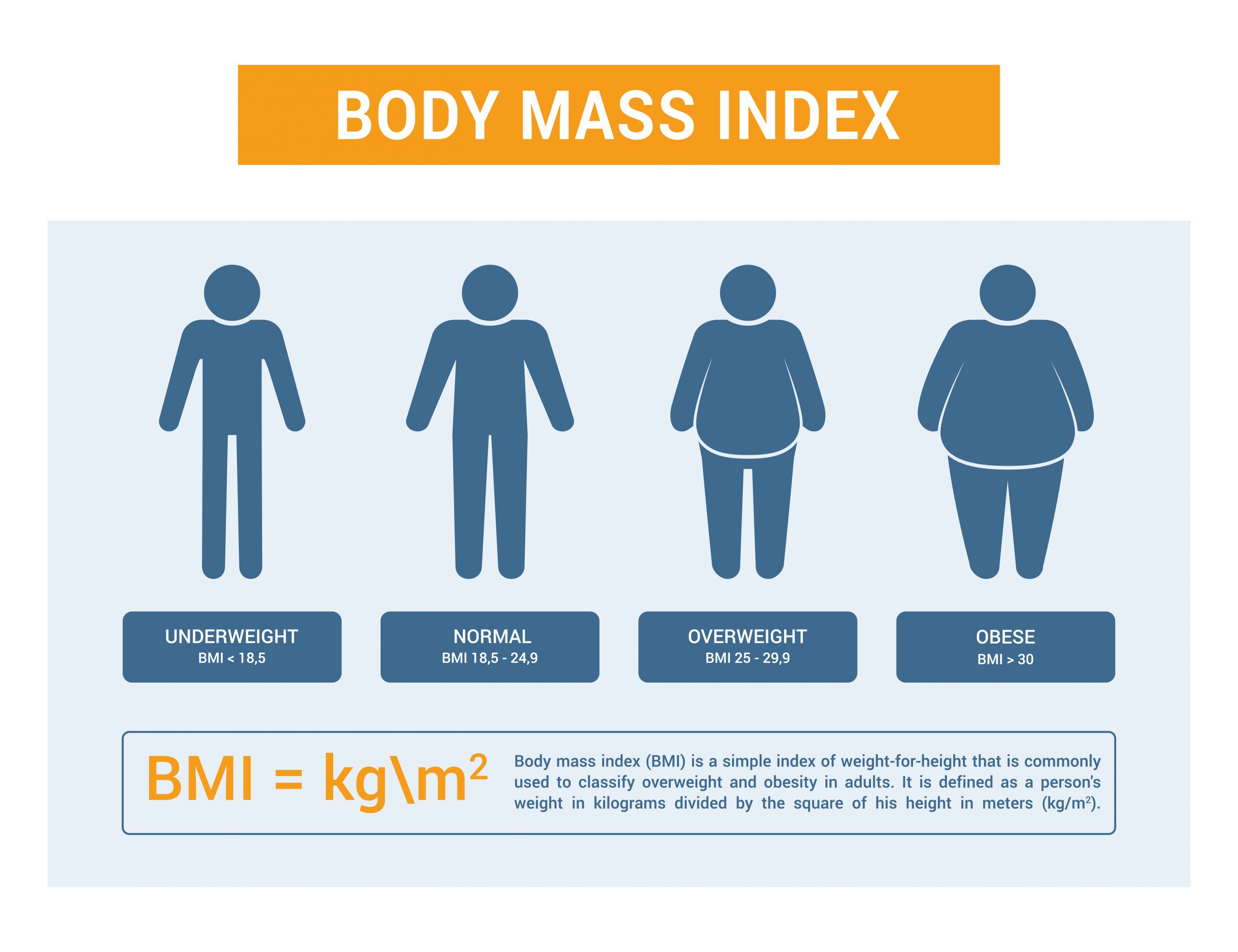Lowering body mass index (BMI) could save millions of lives worldwide by preventing non-communicable diseases, according to new Griffith University research.
Researchers from the School of Medicine and Dentistry modelled 27 obesity-related disorders and examined the prospective health impact of BMI increases in the 2019 Kenyan adult population during their remaining lives in a study published in eClinicalmedicine.
They discovered that reducing BMI by 1% might save approximately 83.5 million health-adjusted life years and extend life expectancy by 2.3 years for women and 1.1 years for men.
Lowering BMI could prevent up to 1.6 million new cases of type 2 diabetes, 1.3 million cases of cardiovascular disease, 850,000 cases of chronic renal disease, and 56,000 cancer cases, according to the study.
“Obesity and chronic noncommunicable illnesses like heart disease and diabetes are generally viewed as high-income nations’ health issues, but now 80 per cent of the NCD burden is in low and middle-income countries like Kenya,” said co-author Professor Lennert Veerman.
“However, governmental responses to address NCD risk factors do not receive the priority they deserve based on the enormity of the situation, and there is a low degree of knowledge.”
He said that if Kenyans reduced their BMI, an estimated 867,664 instances of musculoskeletal disease might be avoided by 2044.
Get Published Today
Email: uzalendonews24@gmail.com to submit your story.
SUBSCRIBE TO OUR YOUTUBE CHANNEL



















